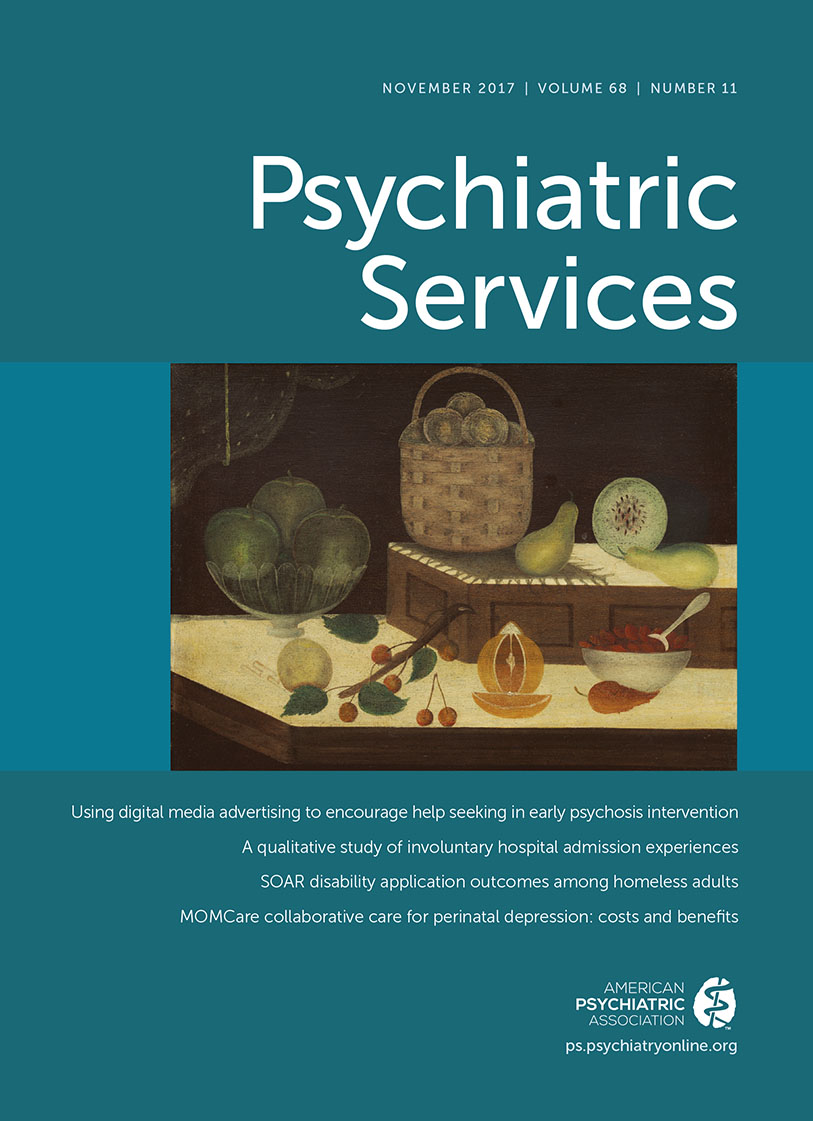Service Users’ Experiences of Involuntary Hospital Admission Under the Mental Health Act 2001 in the Republic of Ireland
Abstract
Objective:
The objective of the study was to explore the experiences of individuals admitted to the hospital involuntarily under the Mental Health Act 2001 in the Republic of Ireland.
Methods:
In this qualitative descriptive study, 50 individuals who had been involuntarily admitted to a hospital underwent face-to-face semistructured interviews approximately three months after revocation of the involuntary admission order. Data were analyzed by using an inductive thematic process.
Results:
Participants reported mixed experiences over the course of the admission, with both positive and challenging aspects. Participants reported feeling coerced, disempowered, and unsupported at various stages of the admission and highlighted the long-term deleterious impact on their psychological well-being. However, participants also described encounters with individuals who endeavored to initiate a collaborative, informative, and compassionate approach. Four key themes emerged consistently across the trajectory of participants’ involuntary admission experiences: feeling trapped and coerced, feeling disengaged and unsupported, admission-induced distress, and person-centered encounters.
Conclusions:
This qualitative study of service users’ views across the entire trajectory of their involuntary admission identified a number of factors that should be addressed to reduce the negative impact of involuntary admission. A multifaceted strategy could include ongoing education and training of all stakeholders in the principles and practices of person-centered care, repeated provision of accessible information and emotional support to service users during all stages of involuntary admission, and a shift in culture to one that minimizes the traumatic impact of forced detention on individuals’ psychological well-being.



